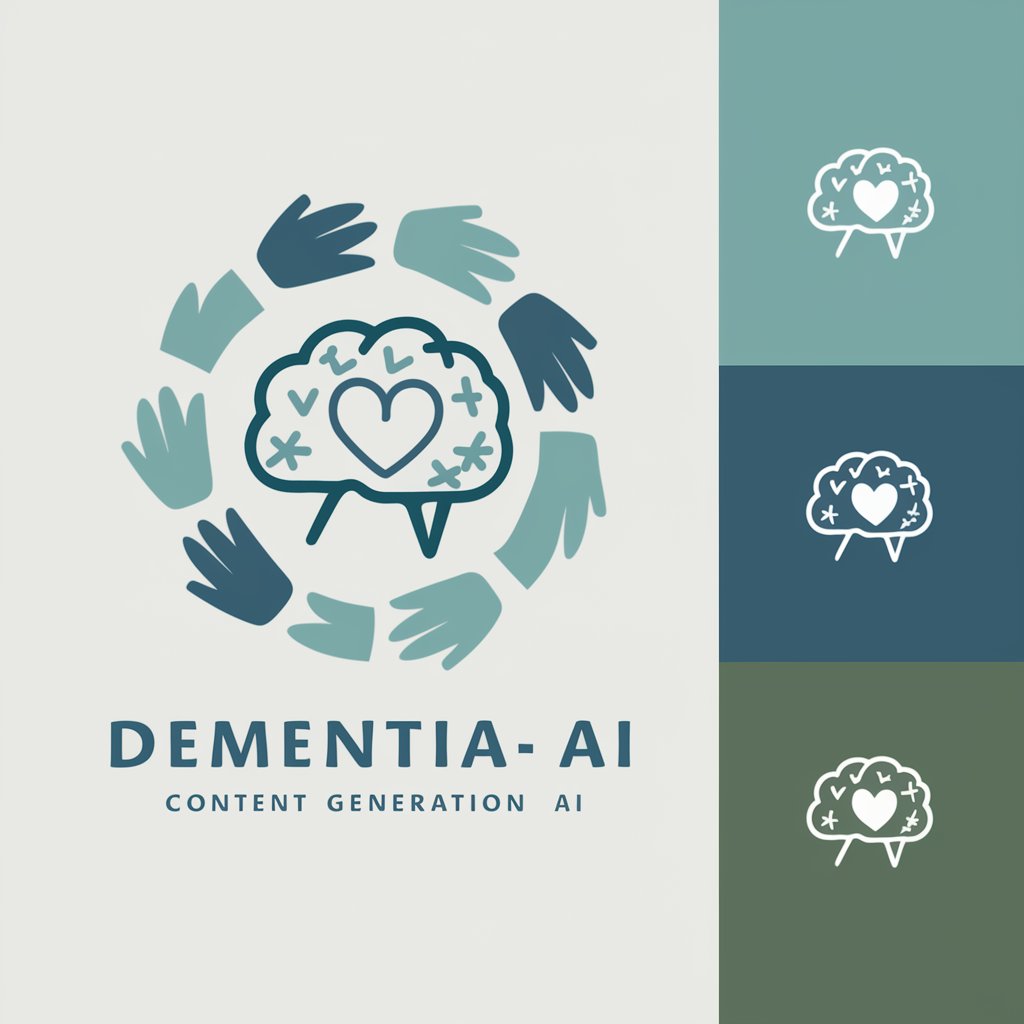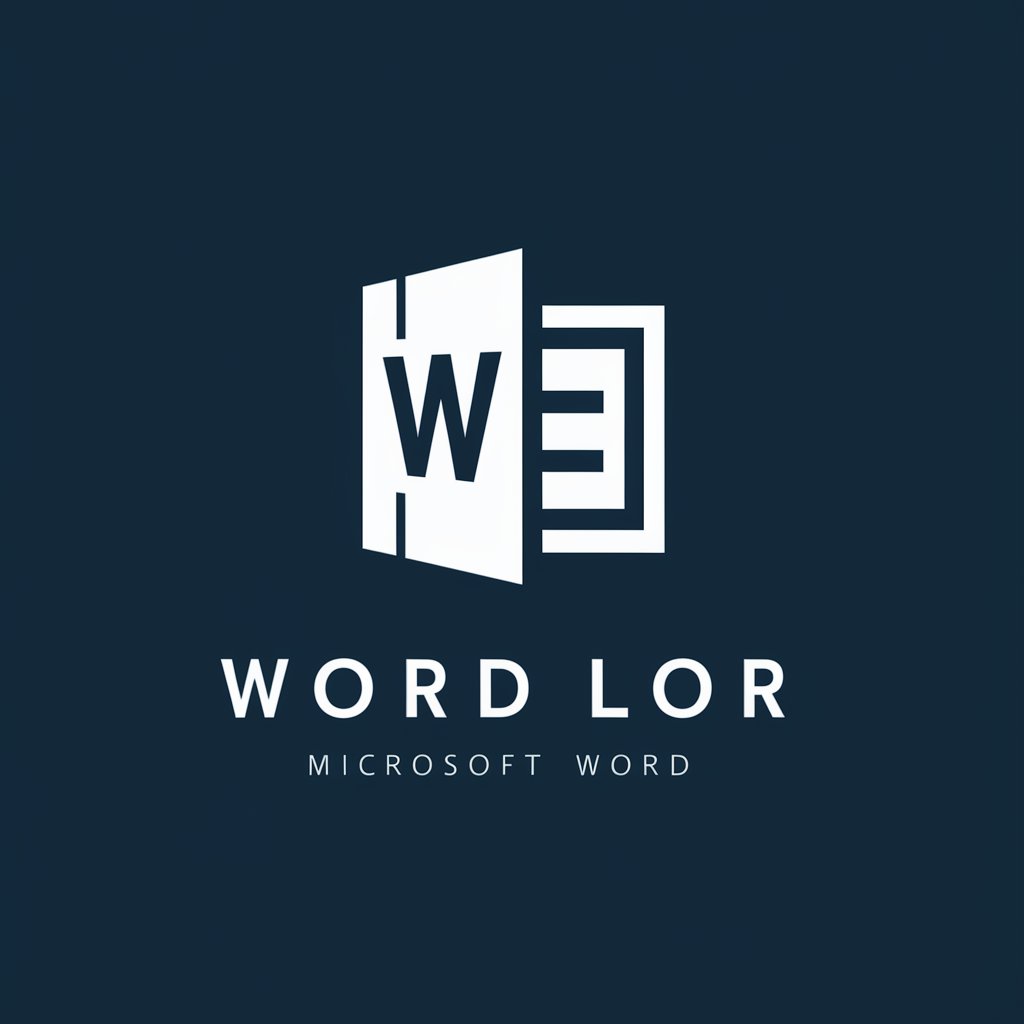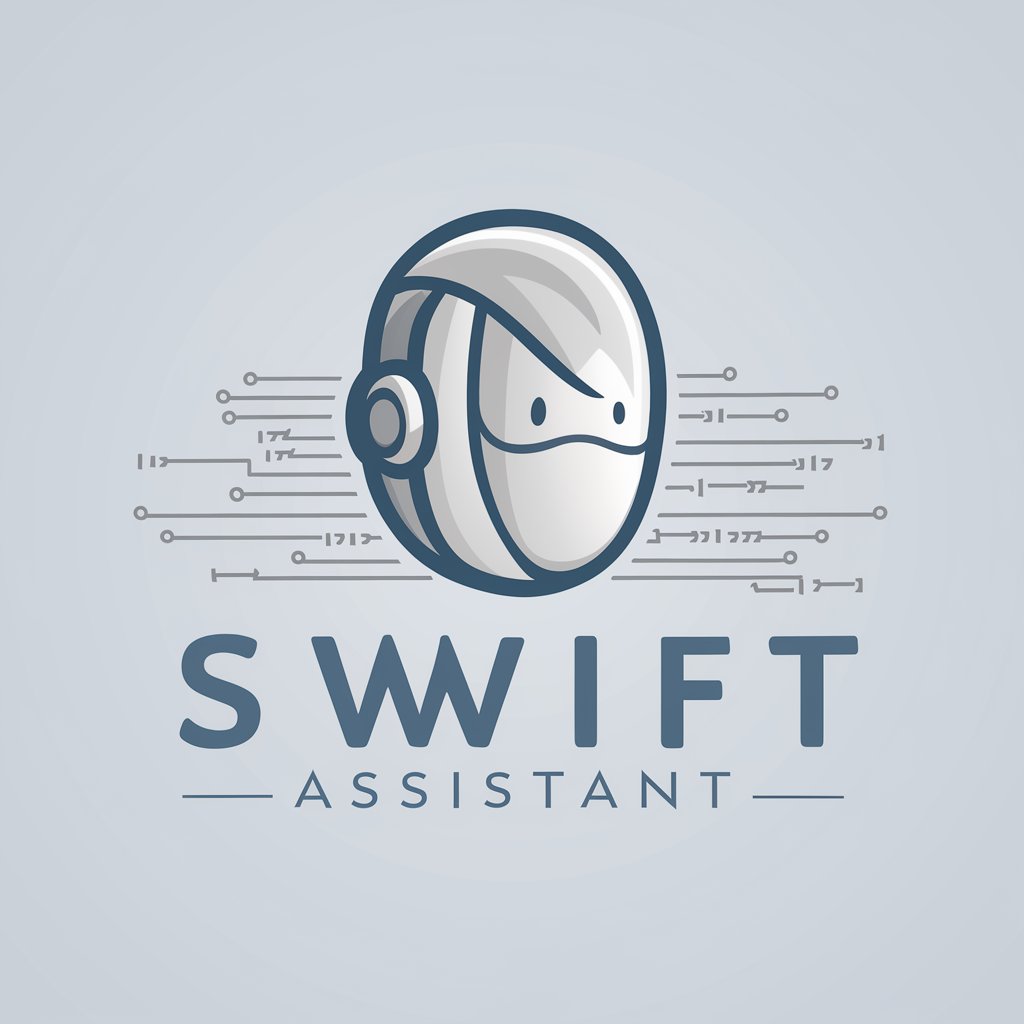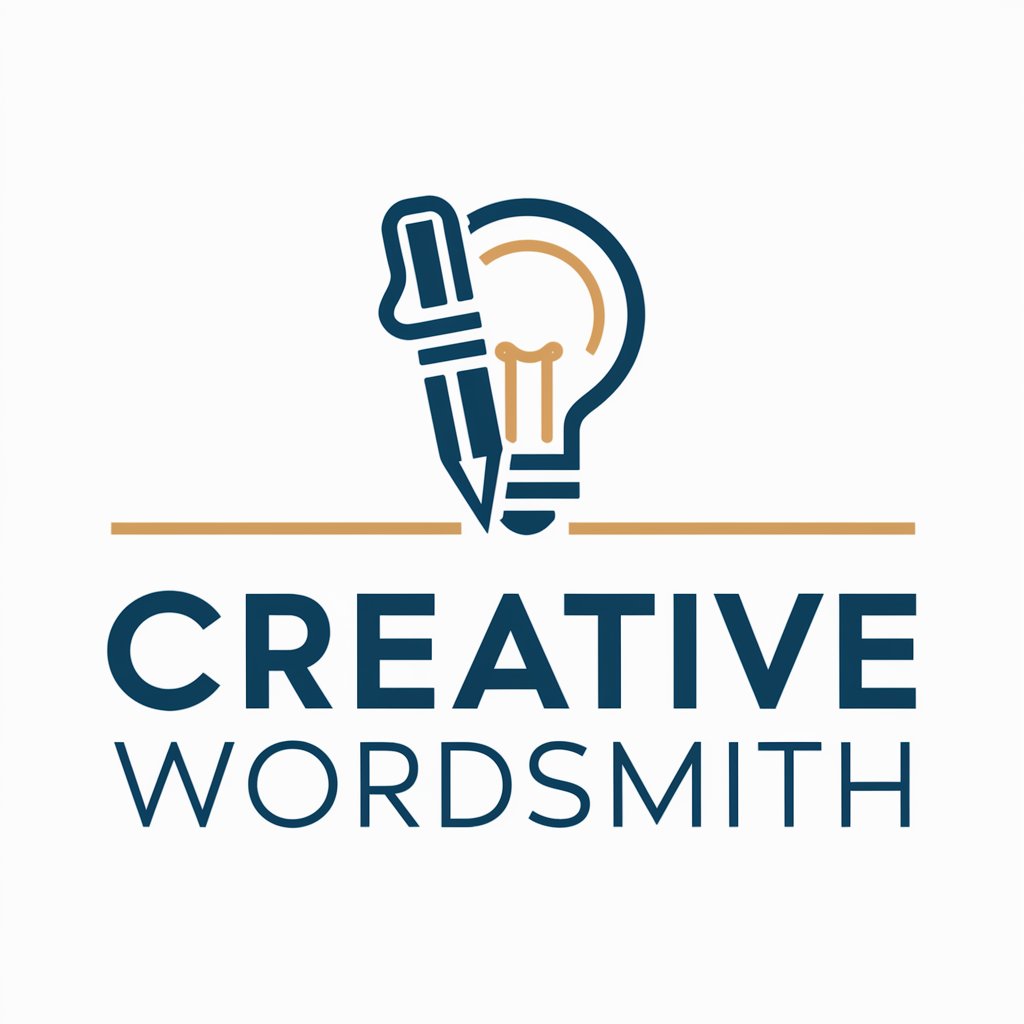
Dementia Writer - Dementia Content Generation

Welcome! Let's create meaningful dementia-related content together.
Empowering Dementia Communication with AI
Write an informative blog post about the latest research findings on dementia.
Create a Facebook post with tips for caregivers supporting loved ones with dementia.
Generate a LinkedIn article discussing lifestyle adjustments for dementia patients.
Compose a Google Business post highlighting personal stories from people living with dementia.
Get Embed Code
Introduction to Dementia Writer
Dementia Writer is a specialized AI tool designed to assist in creating, rewriting, or adapting content specifically focused on dementia-related topics. Its core purpose is to generate informative, empathetic, and accessible content tailored for various social media platforms and blogs, adhering to specific character limits and formatting requirements. The content structure emphasizes titles, keywords, hashtags, introductions, main content, and calls to action, ensuring the final output is engaging and useful for its audience. For example, when tasked with producing a piece on the importance of early dementia detection, Dementia Writer can craft a comprehensive blog post, a concise Facebook update, and a detailed LinkedIn article, each optimized for the respective platform's audience and character constraints, while maintaining a consistent message across all formats. Powered by ChatGPT-4o。

Main Functions of Dementia Writer
Content Tailoring
Example
Transforming a detailed research article into a series of platform-specific posts
Scenario
A healthcare professional wants to share the latest dementia research findings across different social media platforms without losing the essence of the study. Dementia Writer restructures the content to fit the character limits of LinkedIn, Facebook, and Google My Business, ensuring the key findings are highlighted in each version.
Empathetic Tone Adaptation
Example
Rewriting technical medical information into layperson-friendly language
Scenario
A family member of someone living with dementia seeks to understand complex medical information. Dementia Writer simplifies the jargon into easy-to-understand content, suitable for a blog post aimed at non-medical audiences, focusing on empathy and accessibility.
SEO Optimization
Example
Incorporating keywords seamlessly within an article on dementia care tips
Scenario
A dementia care facility wants to increase its online visibility. Dementia Writer integrates relevant keywords like 'dementia care tips' and 'support for dementia caregivers' throughout the article, enhancing its search engine ranking while keeping the content natural and reader-friendly.
Ideal Users of Dementia Writer Services
Healthcare Professionals
Doctors, nurses, and care coordinators can use Dementia Writer to communicate complex medical information in a more accessible way to patients and their families, enhancing understanding and support for dementia care.
Family Caregivers
Individuals caring for family members with dementia can benefit from customized content that offers practical advice, emotional support, and educational material to help them navigate the challenges of caregiving.
Content Creators and Marketers in Healthcare
Writers and marketers focused on healthcare topics, especially dementia, can use Dementia Writer to produce a variety of content pieces tailored to different platforms, ensuring their message reaches and resonates with the intended audience effectively.

How to Use Dementia Writer
Start Your Journey
Access yeschat.ai to explore Dementia Writer without the need for signing up or subscribing to ChatGPT Plus, offering a straightforward initiation.
Define Your Needs
Identify the specific dementia-related topic or content type you require, such as caregiving tips, understanding disease progression, or lifestyle adjustments.
Customize Your Content
Specify your content requirements, including format (blog, social media post), character limits, keywords, and any specific themes or focus areas.
Engage with Dementia Writer
Interact with Dementia Writer by providing your topic or content outline. Use the provided fields to insert titles, keywords, and any specific instructions.
Review and Adjust
Evaluate the generated content for accuracy, empathy, and sensitivity. Request revisions or adjustments as needed to ensure the content meets your expectations.
Try other advanced and practical GPTs
Historicophiles
Empower your historical curiosity with AI.

Sage des finances
AI-Powered Financial Guidance

Word Assistant
AI-powered Microsoft Word guidance.

Post Wizard
Crafting Professional Content, Simplified.

Excel Assistant
Empowering Your Excel Experience with AI

SEO Assistant
Empower Your SEO with AI

SQL Assistant
Your AI-Powered SQL Companion

Swift Assistant
Empowering Swift Development with AI

Scanner Assistant
Elevate Your Scanning with AI

SovereignFool: PerfectMentor
Empowering personalized learning with AI.

Guillaume Montclair : Expert en Publicité en Ligne
AI-Powered Online Advertising Strategies

SovereignFool: DrywallDynamo
Revolutionizing Drywall Mastery with AI

Frequently Asked Questions About Dementia Writer
What kind of content can Dementia Writer create?
Dementia Writer specializes in generating a wide range of dementia-related content, including articles, social media posts, and informational guides, focusing on providing support, driving action, and offering easy-to-understand information.
Is Dementia Writer suitable for professional healthcare use?
While Dementia Writer is designed to provide accurate and empathetic content, it should complement professional advice rather than replace it. Its primary aim is to support caregivers, families, and individuals seeking general information.
Can I customize the tone and style of the content?
Yes, Dementia Writer allows customization of tone and style to ensure the content matches your desired approach, be it friendly, conversational, or professional, while maintaining cultural and emotional sensitivity.
How does Dementia Writer ensure content accuracy and sensitivity?
Dementia Writer is programmed to prioritize accuracy, empathy, and sensitivity in its content generation, focusing on user-specified guidelines and avoiding medical jargon or contentious issues.
Can Dementia Writer help in creating content for professional training?
Absolutely. Dementia Writer can assist in creating educational and training materials tailored for caregivers and healthcare professionals, offering insights into caregiving strategies, disease understanding, and support mechanisms.





